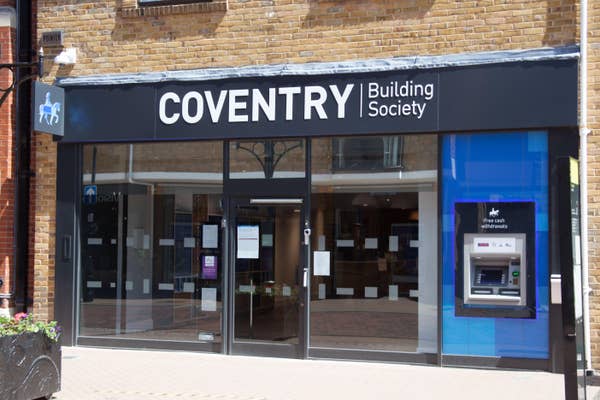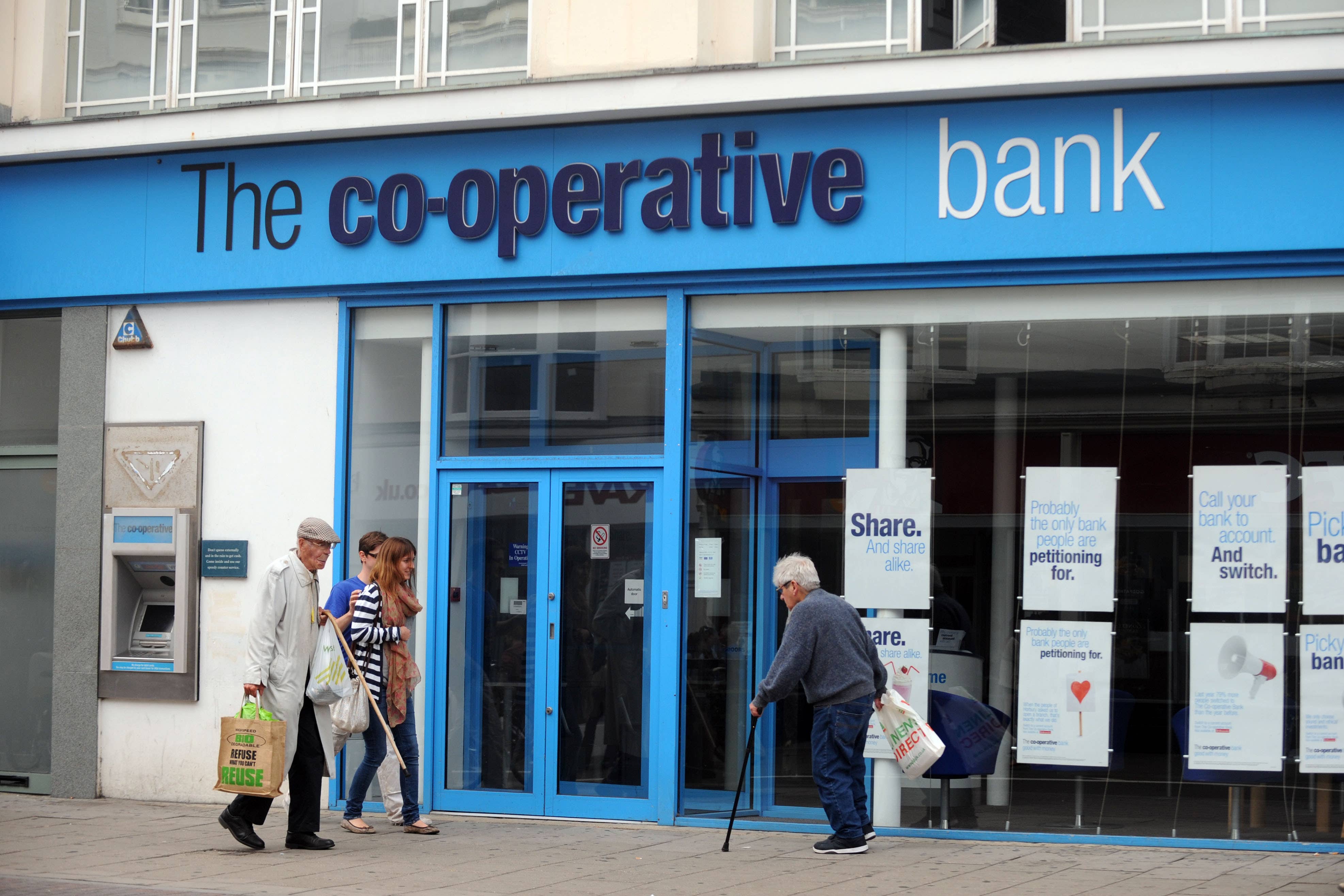
Coventry Building Society has reported a drop in its annual profits after seeing mortgage costs reduce, as it kicks off merging with The Co-operative Bank after buying the rival lender at the beginning of the year.
The building society, which is the second largest in the UK behind Nationwide, made a pre-tax profit of £323 million in 2024, down from £474 million the prior year.
It said it generated less income during the year due to the impact of mortgage costs coming down, as UK interest rates were cut, while savings customers moved money into higher interest-bearing accounts.
This dragged on the group’s net interest margin – the difference between what a bank generates from loans and pays out to savers.
But the building society saw mortgage and savings balances grow through the year, which it said was partly driven by offering competitive rates to members and incentivising savings.

Coventry’s chief executive Steve Hughes said it grew savings and mortgage balances in an “uncertain environment, with the UK economy experiencing more persistent inflation and higher interest rates than many believed to be the case at the start of the year”.
The building society completed the £780 million acquisition of rival lender Co-op Bank at the start of 2025.
The tie-up created a banking giant with millions of customers and an estimated £89 billion worth of assets.
It returned the Co-op Bank to a mutual structure, meaning it is owned by individual members rather than shareholders and investors like most UK banks.
Fully joining up the two businesses is set to take several years, with both brands staying on the high street during that period, but they eventually want Co-op Bank customers to become Coventry society members.
In separate results published on Friday, Co-op Bank said it made an underlying pre-tax profit of £116.2 million for 2024, slightly lower than the previous year as it was also impacted by lower mortgage costs and higher savings rates.







